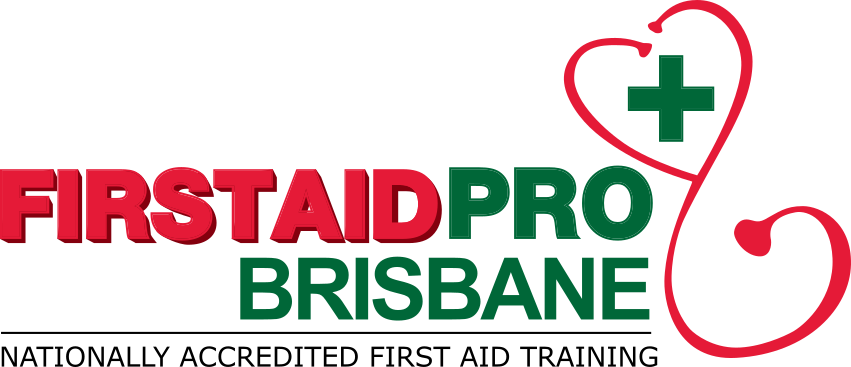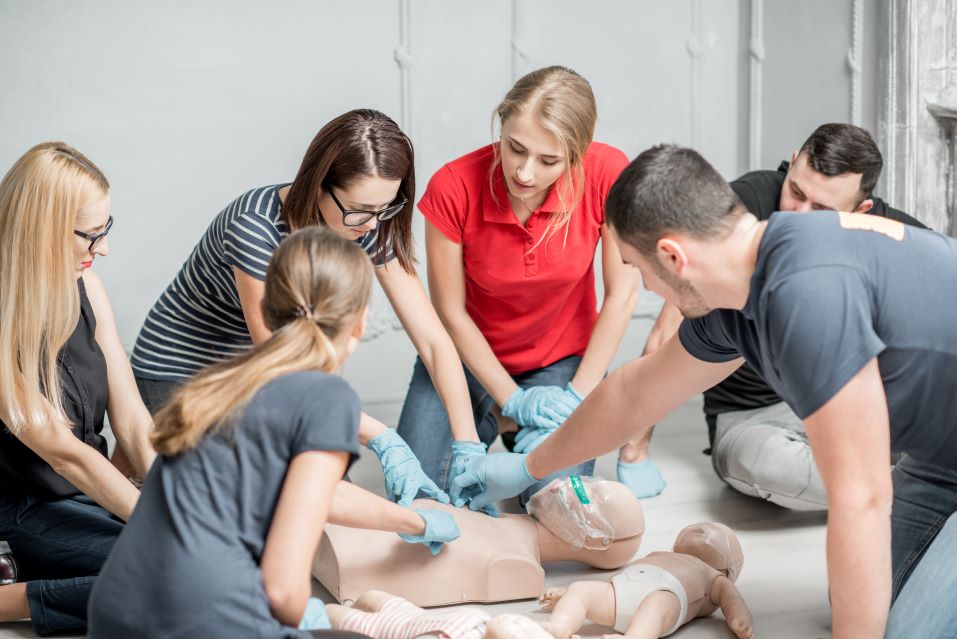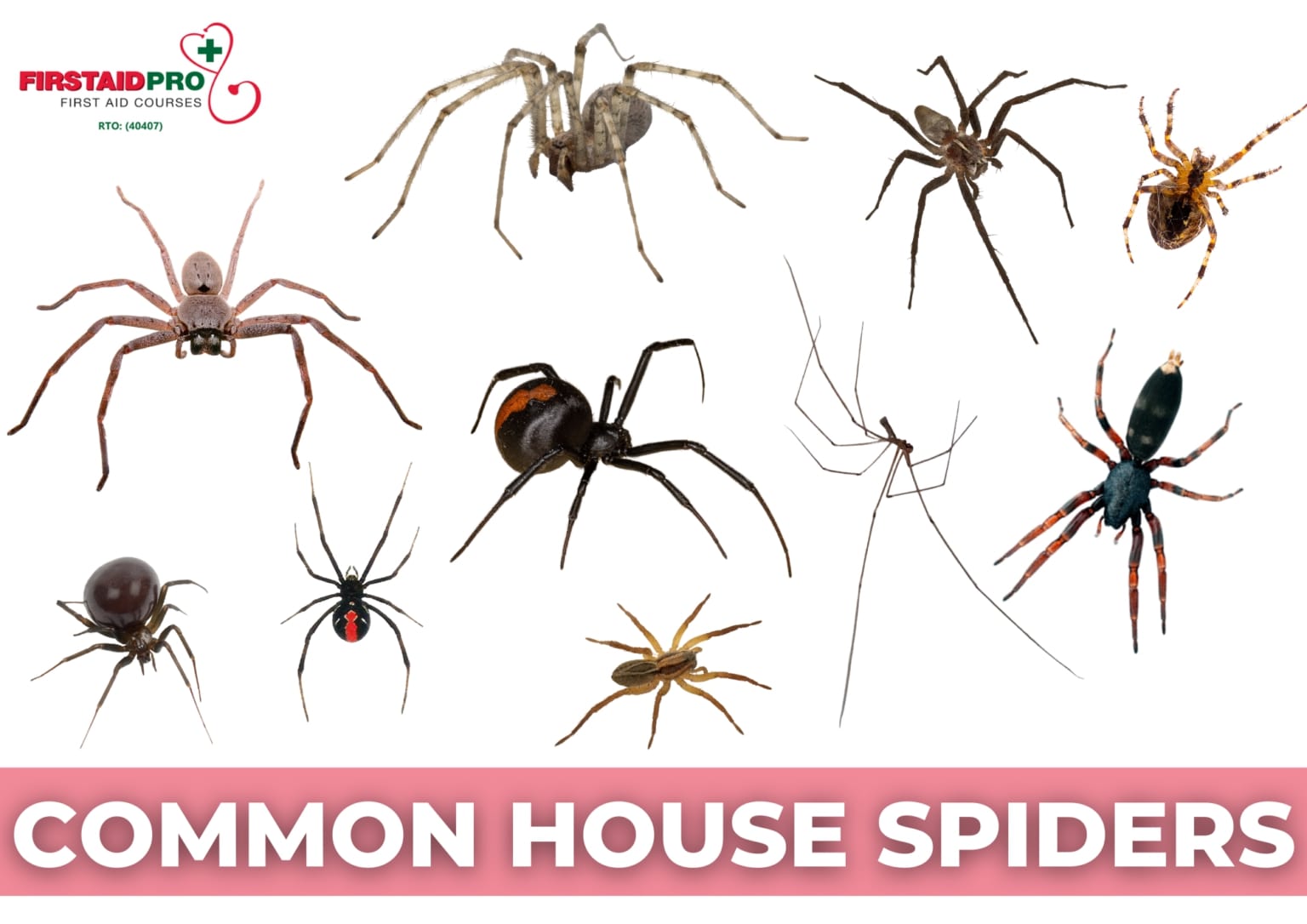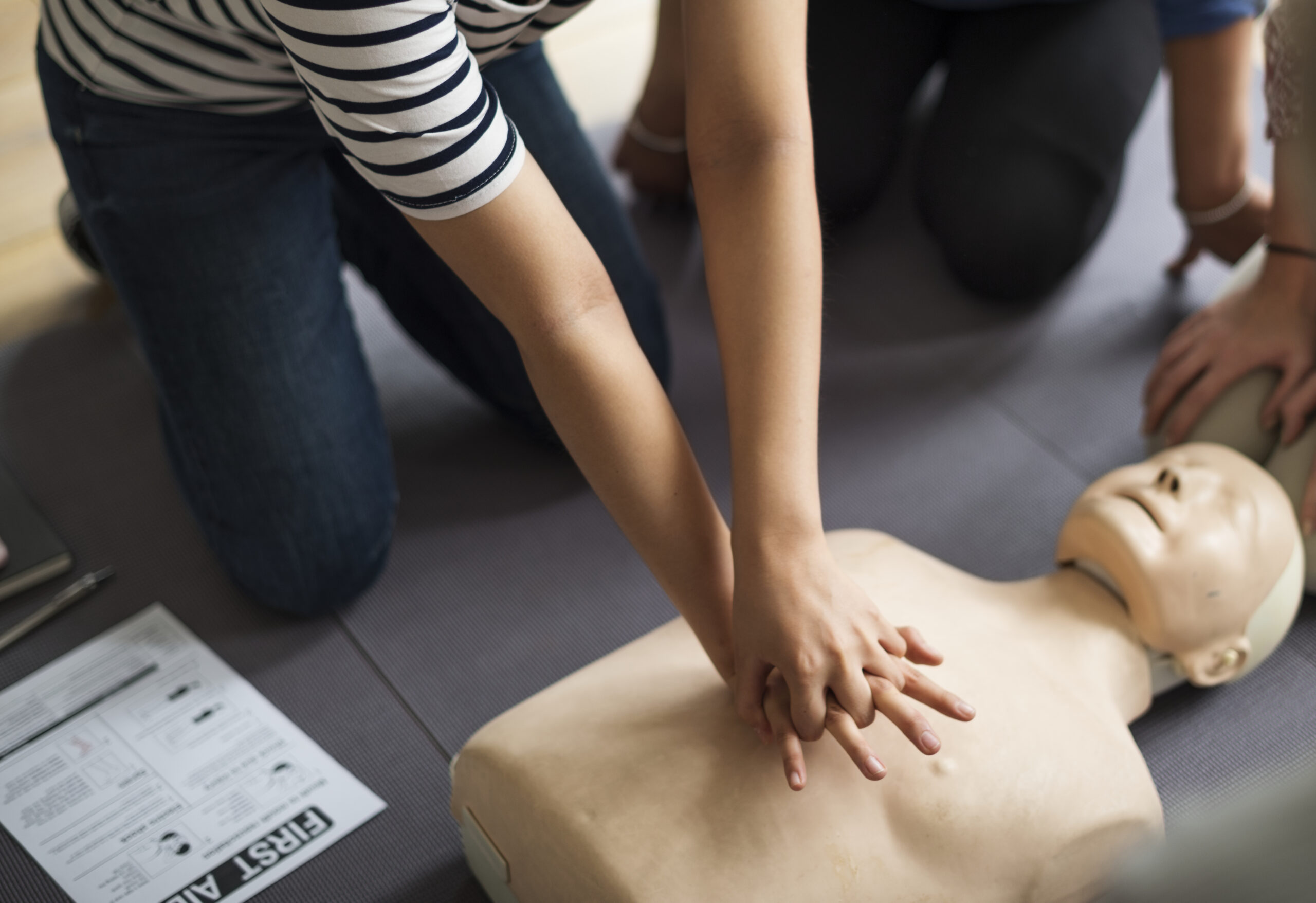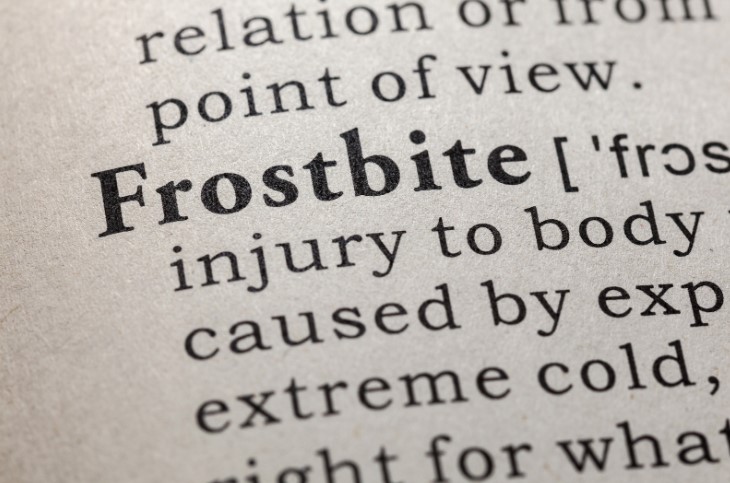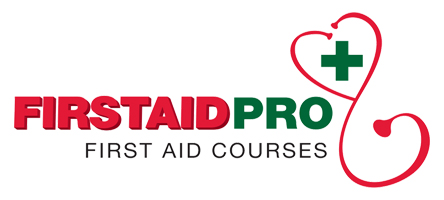Mental Health for Young People: How to Know When A Child Needs Help – The emotional wellbeing of youth and children is just as important as their physical health. Achieving good mental health at a young age helps them develop traits that will help them cope with whatever life throws at them and grow into well-rounded, healthy adults.
The good news is there are many ways to support young people to prevent poor mental ill-health and help those who are experiencing mental health problems.
The Truth About Mental Health
There is a misconception about young people and mental illness. Many would think that it is impossible for children and teens to develop an illness due to their young age or the fact that they have not had enough life experience to develop a mental disorder.
Unfortunately, mental health issues for teens are often viewed as “typical angst” for their age that will go away on its own. Although this may be a popular idea, it does not apply to every young person’s scenario.
The truth is children and teens are just as vulnerable to poor mental health as adults are. Mental illness is a growing concern among teenagers in Australia and around the world.
In fact, studies found that about one in every five teens between ages 12 and 18 suffer from at least one diagnosable mental disorder. The stakes are higher, particularly for those who experience trauma, neglect, abuse, or bullying at a young age.
There are a variety of factors that can cause or lead to the development of poor mental health in young people. The symptoms may look different for everyone, but they are often associated with feeling overwhelmed and stressed even when doing everyday tasks.
5 Common Mental Health Problems In Young People
Here are five common mental health disorders among teens and young adults to help you know more about the condition.
Anxiety Disorders
Anxiety disorders are one of the most prevalent mental illnesses among teens. Reports from World Health Organisation (WHO) show that five per cent of teenagers 15 to 19 years old will experience some anxiety disorder. It is worth noting that the early symptoms of this mental illness may develop before reaching the age of 21.
Anxiety disorder is not a temporary feeling of isolation or worrying about certain things. In some cases, it can affect a teen’s way of day-to-day living.
Anxiety in young people might show as:
- Constant feelings of worry or dread
- Always anticipating the worst possible outcomes
- Restlessness
- Shortness of breath
- Racing heartbeat
- Irritability
- Stomachache
- Fatigue
- Insomnia or trouble sleeping
- Feeling tense or jumpy
There are different types of anxiety disorders (panic disorder, social anxiety, generalised anxiety disorder, and phobia). It is important to meet with a healthcare professional for a suspected mental health condition to get a diagnosis.
Mental health first aid intervention and professional treatment are important, particularly for young people. Most of them have brains still developing, so it is important to treat mental health conditions as early as they are detected.
Depression
Depression ranks second among mental disorders in teenagers. Estimates from 2013-2014 show that 5% of Australian teens suffer from major depressive episodes. Several triggers cause increased rates of depression among young people.
Depression is a mood disorder involving persistent sadness and loss of interest that leads to various emotional and physical problems. Common signs of depression in teens and young adults include:
- Changes in sleep patterns or appetite
- Lack of concentration
- Loss of energy and motivation
- Lack of interest in activities, friendships, or maintaining social relationships
- Feeling of hopelessness
- Physical problems (aches, pains, and general ailments)
- Suicidal thoughts and actions
Most teens with depression feel better with the help of medication, psychotherapy or mental health first aid.
Attention Deficit Hyperactivity Disorder
Attention deficit hyperactivity disorder (ADHD) is very common among young people and is often identified early due to its effects on one’s behaviour and ability to learn.
Children and teens with ADHD may have difficulty paying attention and exhibit hyperactive or impulsive behaviours.
Common signs of ADHD in teens include
- Jumping from one activity to another
- Easily bored with a task
- Inability to focus on one task
- Trouble completing schoolwork or activities
- Unable to process information quickly
- Trouble sitting still for a certain period
- Always touching or playing with everything
- Acting without regard for consequences
- Frequent talking and interrupting others
All of these traits make accidents and serious injuries for young people more likely.
Eating Disorders
Eating disorders are problems that affect a person’s eating behaviours, which are common among teenagers. Some of the most common are anorexia (anorexia nervosa), bulimia (bulimia nervosa), and binger eating disorder.
All these can affect their attitudes and feelings about food and about their body, which can cause harm to their mental and physical health.
For Teens With Anorexia:
- Eat very little on purpose
- Have an intense fear of weight gain
- Have a fear of looking fat
- Have a distorted body image (they often see themselves as fat even when they are very thin)
For Teens With Bulimia:
- Make themselves throw up on purpose after overeating (purging)
- Use laxatives, diuretics, weight loss pills, or exercise a lot to prevent gaining weight
- Judge themselves based on weight
For Teens With Binge Eating Disorder:
- Overeat and inability to control food portion
- Eat large amounts even when not hungry
- Often weight gain and tend to become overweight
Eating disorders, if left unrecognised, can lead to nutrition deficiencies, obesity, and even premature death.
Substance Use Disorders
The adolescence stage is thought to be a period of heightened risk, which can translate to young adults falling into the trap of drug and alcohol abuse.
There are several types of substance use disorders, depending on the substance of choice. Worse, the symptoms can also overlap with other mental health disorders, making it hard to recognise and treat immediately.
Common signs of substance use disorders in teens include:
- Sudden changes in behaviour
- Engaging in more risky behaviours (driving under the influence, fights, etc.)
- Withdrawal from family or friends
- Extreme irritability
- Problems concentrating or thinking clearly
- Memory problems
Learning to recognise the signs and symptoms of substance use disorder can be the first step toward mental health first aid.
Learn Mental Health First Aid
If a teen is struggling with a mental health condition, whether it is anxiety, depression, ADHD, eating disorder, or substance abuse – it is important to recognise the warning signs and seek professional help.
If left unrecognised and without treatment, it can lead to an increased risk of suicide, substance abuse, violence, unsafe behaviours, and worsened mental illness that they can bring into adulthood. For this reason, early mental health first aid (MHFA) intervention is essential to ensure their overall well-being in the long term.
Brisbane First Aid Courses is a recognised provider of MHFA training for young people and even adults who are struggling with mental illness. Learn about the course here or contact us at (08) 7120 2570 to know more.
